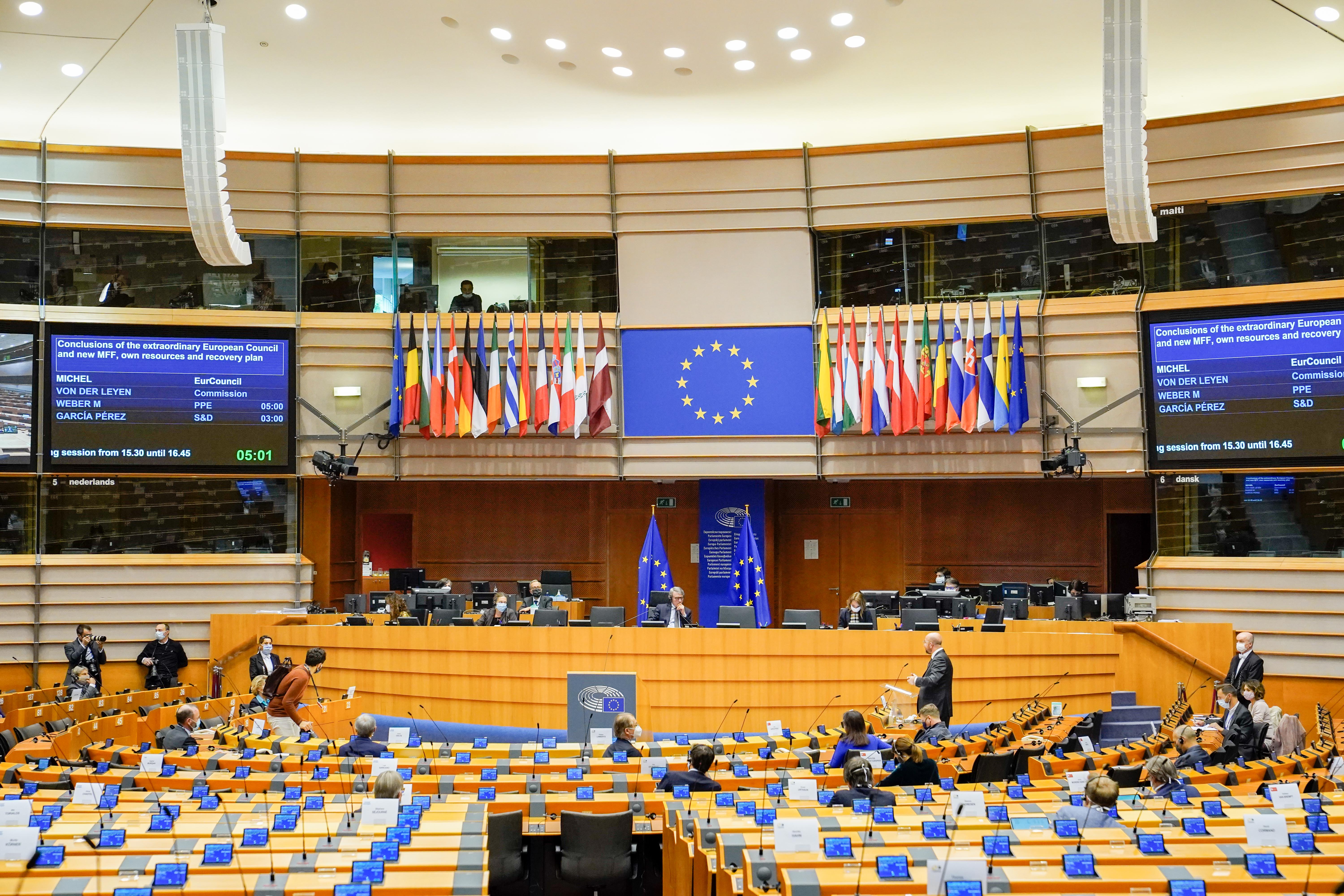
The Commission announced today 16 pan-European defence industrial projects and three disruptive technology projects that will benefit from €205 million financing through the two precursor programmes of a fully-fledged European Defence Fund: the Preparatory Action on Defence Research (PADR) and the European Defence Industrial Development Programme (EDIDP).
Margrethe Vestager, Executive Vice-President for a Europe Fit for the Digital Age, said: “The European Defence Fund will enable spending better by spending together, thereby reducing fragmentation and inefficiencies. The successful results of its precursor programmes, announced today, show the great potential that exists in cooperation between defence industries large and small, and from across the EU.”
Thierry Breton, Commissioner for Internal Market, said: “These promising projects demonstrate the EU’s ability to promote and support cooperation between European defence industries and Member States. By developing high-end technologies and defence capabilities, we are strengthening the EU’s resilience and strategic autonomy. All participants in the defence value chain, regardless of their size and their origin within the EU, can benefit. The European Defence Fund, with the right level of financing, will enable to significantly scale up these first successes.”
The results announced today are a very positive outcome and confirm the fit for purpose model of the European Defence Fund. The main elements to note are:
- A highly attractive programme: in total, 441 entities applied to EDIDP calls, contributing to 40 proposals. 223 entities from 16 proposals will be supported by EDIDP;
- Wide geographical coverage: the EDIDP projects cover participants from 24 Member States;
- Large SMEs participation: SMEs represent 37% of the total number of entities receiving funding (83 SMEs) from EDIDP, confirming the importance of specific SMEs calls and dedicated SMEs bonuses;
- Positive effect on cooperation: the EDIDP selected proposals entail on average 14 entities from seven Member States;
- Full coherence with other EU defence initiatives, notably the Permanent Structured Cooperation (PESCO):nine proposals financed under EDIDP are PESCO projects;
- Contribution to the EU’s strategic autonomy: the EDIDP proposals are consistent with the key capability priorities agreed by Member States at European level through the Capability Development Plan;
- Open to third country-controlled subsidiaries: the EDIDP results demonstrate the possibility to involve EU-based subsidiaries controlled by third countries or third country entities provided they fulfil appropriate security-based guarantees approved by Member States. This is namely the case with four participants controlled by entities from Canada, Japan and the United States;
- Support to disruptive technologies: the PADR for the first time is supporting three projects dedicated to disruptive technologies through dedicated calls, designed to prepare the future EDF, which allocates up to 8% of its budget to disruptive actions. These are important to make sure Europe remains at the forefront of technological development.
The projects announced today will support the development of European defence capabilities such as drones and related technologies (low-observable and tactical drones, detect and avoid system for military drones, edge computing platforms for drones), space technologies (Galileo military-grade encrypted receivers, military grade optical payload for small satellites, big data system for satellite surveillance), unmanned ground vehicles, high precision missile systems (BLOS – anti-tank missiles), future naval platforms, airborne electronic attack capability, tactical and highly secured networks, cyber situational awareness platforms, or next generation of active stealth technologies.
These projects come on top of the 15 others research projects already financed since 2017 through the PADR and the upcoming direct support to two large-scale projects (MALE drone and ESSOR).
Background
The European Defence Industrial Development Programme (EDIDP), worth €500 million for 2019-2020, and the Preparatory Action on Defence Research (PADR), which has a budget of €90 million for 2017-2019, are pilot programmes of the upcoming European Defence Fund, which will foster an innovative and competitive defence industrial base and contribute to the EU’s strategic autonomy.The PADR covers the research phase of defence products, including disruptive technologies, while EDIDP supports collaborative projects related to development, from design up to prototypes.
With a total budget of more than €160 million, another 12 calls for proposals under the EDIDP reflecting critical capability needs were published in April 2020. Proposals for this 2020 edition have to be submitted by the 1st of December 2020. More information on the 2020 EDIDP calls is available on the Funding & Tender Portal.
Launched in 2017 for three years, PADR will allocate funding to a total of 18 collaborative research projects. The overall response rate to the PADR calls was high and showed a large interest of industry, smaller companies and the European research community to get involved in European collaborative research projects. SMEs participation in the PADR calls was significant, representing 22% of the proposals. Around 900 entities established in 27 Member States applied for PADR funding over the period 2017-2019, and 202 were financed.
EU defence industry represents 440.000 employees highly qualified, had many positive spill-over effects on civilian application and is increasingly a dual-use industry that benefits the economy at large. It will be severely impacted by the coronavirus crisis. The unlocking of more than €200 million will contribute to support its competitiveness and innovation potential, including in incentivising Member States investment in R&D through a more than €113 million leverage effect.

















